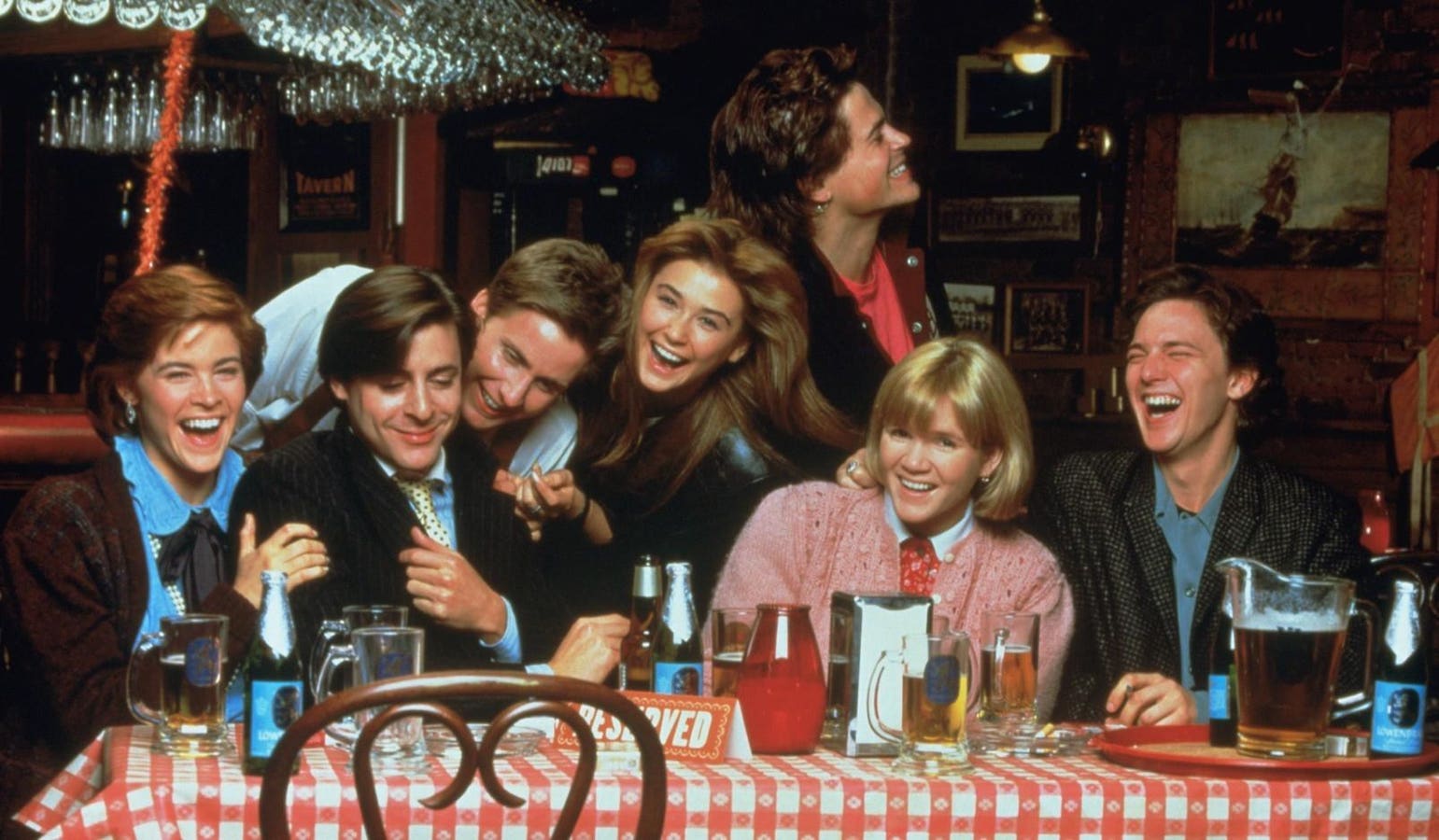We need to rely on more than just a ‘feeling’ when making the choice to enter a relationship. Here … More
It’s easy to mistake emotional momentum for emotional safety. A few engaging conversations, a rush of excitement or the comfort of familiarity can lead you to invest deeply in a connection, often before you’ve had the chance to assess whether it’s truly right for you.
A common thread that runs through such stories is this: many people don’t fall in love with a person — they fall in love with a feeling. That feeling might be relief from loneliness, validation after rejection or the thrill of being wanted. But when emotional investment happens too quickly or without reflection, it can cloud judgment and pull individuals into mismatched, one-sided or emotionally unsafe relationships.
Lasting connection isn’t built on intensity alone. It requires people to have emotional clarity and alignment — qualities that are difficult to gauge when the brain is flooded with hope, attraction or old attachment patterns.
That’s why it’s crucial to slow down and ask the right questions early on. This doesn’t mean becoming guarded or overly analytical. It means choosing connection with intention, not just emotion.
The three questions that follow are grounded in research from attachment theory, cognitive psychology and relationship science. They’re designed to help you pause, reflect and better understand what and who you’re truly investing in.
1. Does This Person Align With My Emotional Needs, Or Just Awaken My Emotional Habits?
Many people confuse emotional intensity with emotional compatibility. You may feel a strong pull toward someone, but that pull could be fueled by unconscious patterns shaped during earlier relationships — especially ones that were unresolved or emotionally charged.
According to attachment theory, we carry forward internal blueprints from our past — expectations about love, closeness, safety and security — and we tend to project these onto new people.
Research published in Personality and Social Psychology Bulletin found that people were more likely to feel anxious and emotionally activated toward a new partner who resembled someone from their past. In other words, the stronger the resemblance, the more likely we are to fall back into old emotional habits even if the dynamics weren’t healthy the first time around.
This kind of attraction can feel magnetic, even comforting in its familiarity. But emotional resonance isn’t always a sign of long-term compatibility; sometimes, it’s just a signal that our attachment system has recognized something it remembers, not something we actually need.
So when you meet someone new, ask yourself:
“Do I feel emotionally safe, understood and valued in this connection? Or am I slipping into old roles of proving, pleasing or performing to feel wanted?”
If you find yourself repeatedly drawn to people who activate your anxiety, it may be a sign that you’re chasing emotional patterns, not emotional fulfillment. Real connection isn’t just familiar — it’s safe, steady and responsive to your current emotional needs.
2. Am I Investing In Who They Are, Or Who I Hope They’ll Become?
When people are in the early stages of romantic connection, the human brain is quick to engage in idealization, a process in which we amplify a partner’s positive traits and minimize or rationalize their limitations. This is fueled by neurochemicals like dopamine and oxytocin, which heighten attraction and lower our guard.
While some level of idealization is normal, unchecked projection can become a psychological trap. In fact, a longitudinal study published in Psychological Science found that newlyweds who viewed their partner as closely resembling their ideal experienced little to no decline in marital satisfaction over three years.
But here’s the nuance: these benefits held only when the idealization was grounded in the present; not in fantasies about future change. In other words, seeing a partner through a loving lens can support long-term happiness, but expecting someone to evolve into your ideal often backfires.
The difference is subtle but important. Healthy idealization is about generosity of perspective. Unhealthy projection can be a form of emotional gambling — investing in someone’s potential rather than their current reality. This is particularly common when we’re hungry for connection or have internalized the belief that love is about fixing, rescuing or waiting.
So pause and ask:
“Am I connecting with this person as they are — or am I staying for the version I hope they’ll become?”
When your connection depends on someone evolving to meet your needs, it often leads to delayed disappointment. Real connection comes from seeing someone clearly, and choosing them anyway. Not for their promise, but for their presence.
3. Do I Feel Grounded In Myself Or Am I Escaping Something?
It’s easy to mistake chemistry for clarity when you’re going through a rough patch. Emotional investment can sometimes feel like a shortcut out of loneliness, confusion or life transitions. This kind of emotion-focused coping uses relationships to manage internal discomfort rather than connect from a place of stability.
While it’s normal to want support, a relationship shouldn’t become a hiding place. Research on self-concept clarity, referring to how clearly you understand and feel confident in your own identity, shows that people with a stronger sense of self tend to experience healthier, more stable partnerships.
A 2019 study found that individuals with clearer self-understanding not only reported higher personal relationship satisfaction but also contributed positively to their partner’s experience through a sense of shared identity and healthy coping behaviors.
In essence, when you know who you are, you’re less likely to lose yourself in someone else.
So, ask yourself:
“Am I choosing this connection because I’m truly ready or because I’m seeking out relief from something else?”
You’re more likely to build something sustainable when you’re grounded in your own clarity and not trying to be rescued from your own confusion. Remember, love doesn’t need to be guarded, but it does benefit from discernment.
Are you wondering if your emotional investment is intentional or impulsive? Take the research-backed Emotional Quotient Inventory to find out.








